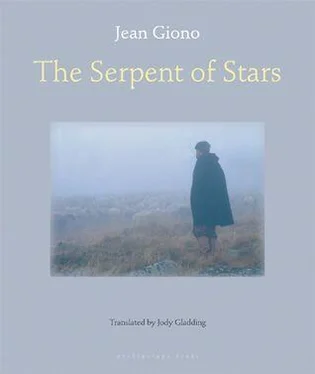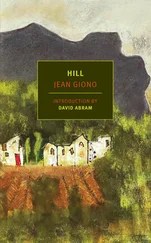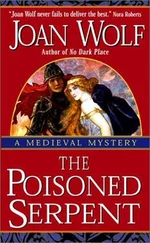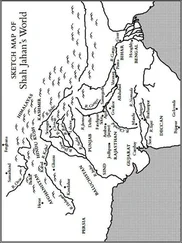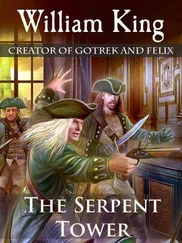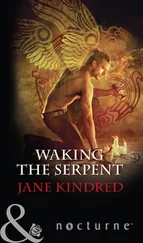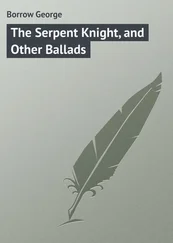5
forms: dolls
6
This curse. . etc.: literally, this manure which makes me create things.
7
I am the River: There was an “Ah!” There was no more music, except the sound of the aeolian harps. Regarding the importance of the distant instruments in this type of performance: they don’t participate in the emotion produced by sudden dramatic action, and from them, music flows continually. Thus, the drama is always in suspension. The River and the Mountain had come to an agreement before the performance of this scene which left the Sardinian a little disconcerted for the moment. We immediately see the Sea take advantage of this to attack the narrator with a new improvisation. Thus we can understand the mechanism for continual renewal in this oral drama.
The narrator — here, it’s the Sardinian — is like the holder of a cup, a title, a torch. Everyone conspires to unseat him. He is alone against all the others.
8
For some time now, the lame one who is the River has been speaking, stirred by the trances that inhabit and agitate him. He makes gestures; he moves his arms about.
I learned afterwards that he is very famous among the shepherds for his gushing inspiration which bursts forth on all sorts of occasions when he is alone with people of the mountains. I have two of his poems: “Mary-Mother’s Breast” (a hymn for his church) and “My Valley Under the Oaks” (a song).
9
Pierre d’assalier: In the high pastures, the shepherds go find flat rocks and they line them up in the grass. These are the salt stones. Every night, the shepherds pour four or five handfuls of rough gray salt on these flat rocks. It’s for the nursing ewe; it’s for the trembling young lamb; it’s for the good sheep huddled with cold or the one who has a thorn in its foot; it’s a consolation and a remedy; it thickens their fat and makes the beast’s heart a little more solid. Who can know the sheeps’ suffering in the high meadows? Who can know? I have seen some of them who, with their stone brows, stood up to a terrible twilight, heavy with despair. Oh! that light, and that air, and the dark scent of the earth wet with crushed grass: all that truly erases hope; all that truly erases hope to the end of all time. And they were there, and they gazed without blinking, and I saw that the night rose in those heads like water in a bowl at the fountain. And then, in the end, they swung their heads in despair and slowly went off toward the salt stones. I saw them in the blurred remains of the day; I saw them before I myself sank into a horror of despair; with great strokes of their tongues, they licked what was left of the salt on the stone.
These salt stones are lined up in the grass. You can see them from far off. A sheep who sees a salt stone doesn’t get lost; it will return to the pasture as if drawn by a rope. At those times when the mountain is deserted and the herds have gone below, you can find solitary salt stones here and there. They are polished like worshipped rocks, all the rough edges have been licked, worn smooth by tongues and lips.
